Medicinal cannabis ‘does not help depression and anxiety’
New research review suggests use of the drug can worsen psychotic symptoms
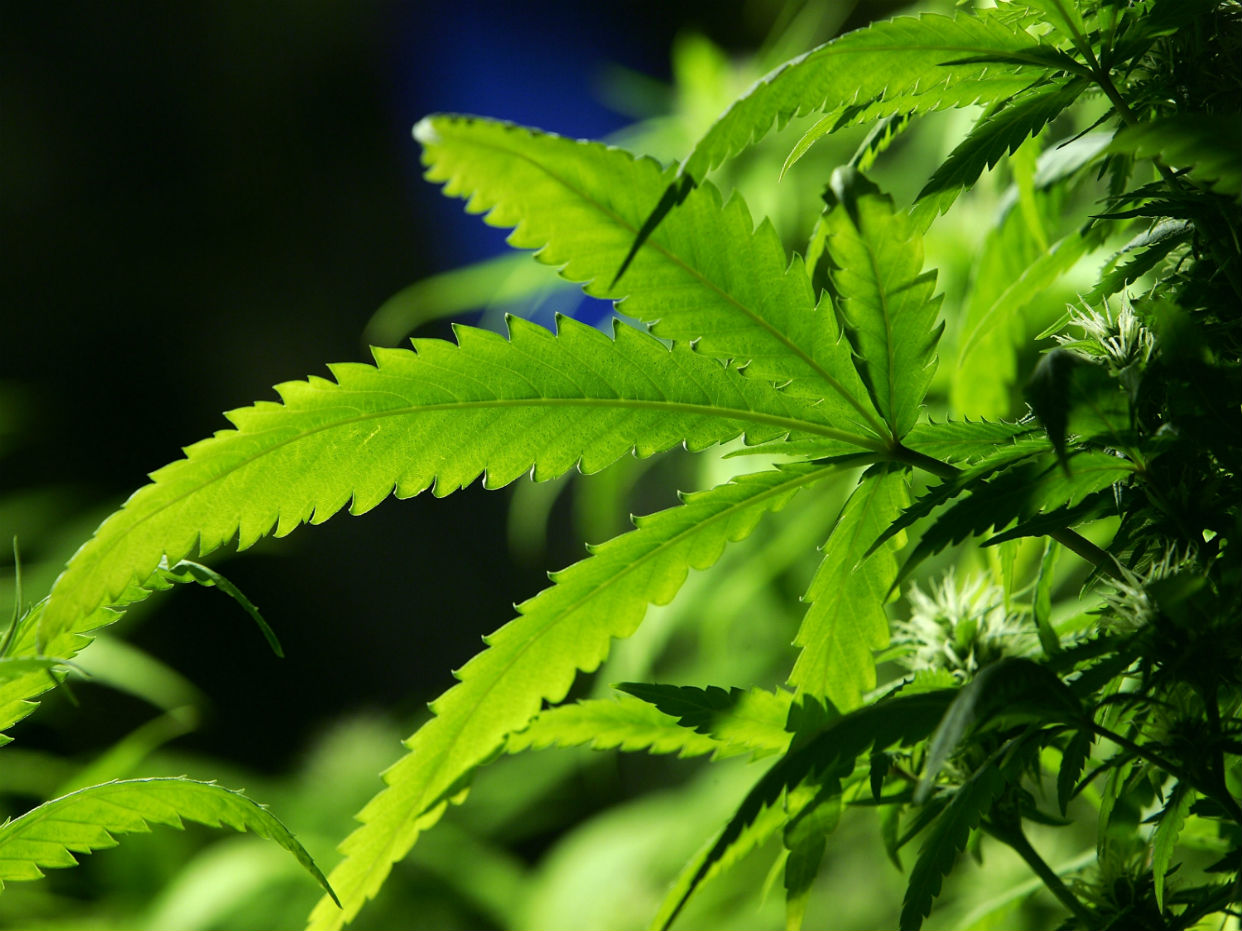
A free daily email with the biggest news stories of the day – and the best features from TheWeek.com
You are now subscribed
Your newsletter sign-up was successful
Using medicinal cannabis to treat people with mental health issues cannot be justified because there is little evidence that it works or is safe, according to a major new study.
The authors of the report, published in Lancet Psychiatry, analysed the results of a total of 83 trials dating back 40 years into the effects of medicinal cannabinoids on patients with conditions including depression, anxiety, attention-deficit hyperactivity disorder (ADHD), Tourette syndrome, post-traumatic stress disorder (PTSD) and psychosis.
The team of researchers, from Australia, concluded that evidence of a positive effect was rare. And THC, one of the derivatives of cannabis, was found to made people with psychosis worse, The Guardian reports.
The Week
Escape your echo chamber. Get the facts behind the news, plus analysis from multiple perspectives.

Sign up for The Week's Free Newsletters
From our morning news briefing to a weekly Good News Newsletter, get the best of The Week delivered directly to your inbox.
From our morning news briefing to a weekly Good News Newsletter, get the best of The Week delivered directly to your inbox.
The study authors say “a large body of research” suggests that cannabis use “can increase the occurrence of depression, anxiety, and psychotic symptom”.
“Further high-quality studies directly examining the effect of cannabinoids on treating mental disorders are needed,” they add.
–––––––––––––––––––––––––––––––For a round-up of the most important stories from around the world - and a concise, refreshing and balanced take on the week’s news agenda - try The Week magazine. Get your first six issues for £6–––––––––––––––––––––––––––––––
As Time magazine points out, the news comes as marijuana is “more mainstream than it’s ever been” with a growing number of US states “legalising it medicinally and recreationally”, millions of people “vaping products that contain the compound THC”, and non-psychoactive CBD “in everything from beauty products to seltzer water”.
A free daily email with the biggest news stories of the day – and the best features from TheWeek.com
In an article in Lancet Psychiatry commenting on the findings, psychiatry professor Dr Deepak Cyril D’Souza of Yale University School of Medicine argues that “in light of the paucity of evidence, the absence of good quality evidence for efficacy, and the known risk of cannabinoids, their use as treatments for psychiatric disorders cannot be justified at present”.
Earlier this year, new research connected marijuana use among teenagers to depression and suicide in early adulthood. Researchers found that “the odds of attempting suicide were almost 3.5 times worse among those who used cannabis before the age of 18 than those who did not,” according to The Guardian.
-
 6 exquisite homes with vast acreage
6 exquisite homes with vast acreageFeature Featuring an off-the-grid contemporary home in New Mexico and lakefront farmhouse in Massachusetts
-
 Film reviews: ‘Wuthering Heights,’ ‘Good Luck, Have Fun, Don’t Die,’ and ‘Sirat’
Film reviews: ‘Wuthering Heights,’ ‘Good Luck, Have Fun, Don’t Die,’ and ‘Sirat’Feature An inconvenient love torments a would-be couple, a gonzo time traveler seeks to save humanity from AI, and a father’s desperate search goes deeply sideways
-
 Political cartoons for February 16
Political cartoons for February 16Cartoons Monday’s political cartoons include President's Day, a valentine from the Epstein files, and more
-
 ‘Longevity fixation syndrome’: the allure of eternal youth
‘Longevity fixation syndrome’: the allure of eternal youthIn The Spotlight Obsession with beating biological clock identified as damaging new addiction
-
 RFK Jr. sets his sights on linking antidepressants to mass violence
RFK Jr. sets his sights on linking antidepressants to mass violenceThe Explainer The health secretary’s crusade to Make America Healthy Again has vital mental health medications on the agenda
-
 The app tackling porn addiction
The app tackling porn addictionUnder the Radar Blending behavioural science with cutting-edge technology, Quittr is part of a growing abstinence movement among men focused on self-improvement
-
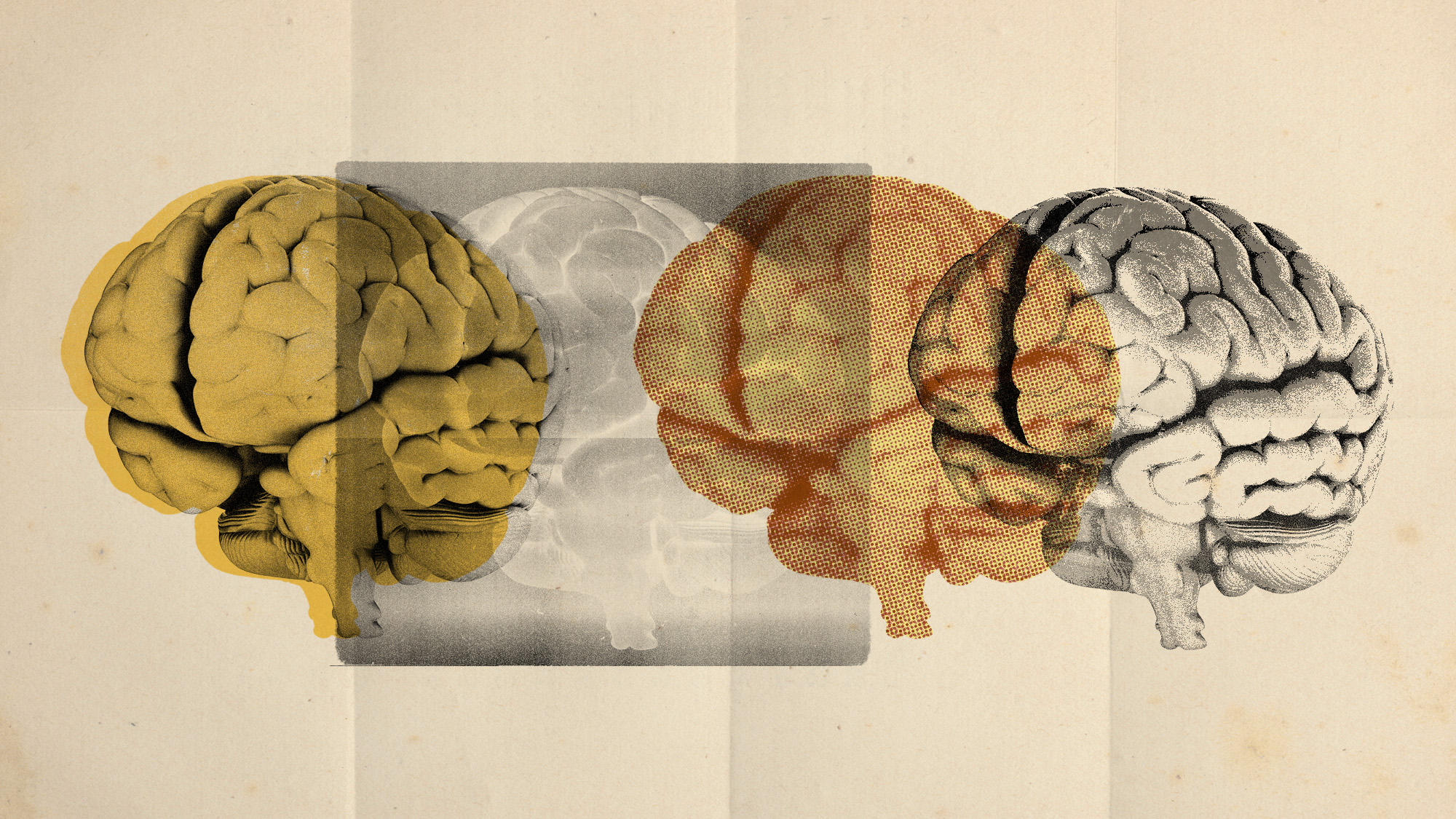 Scientists have identified 4 distinct autism subtypes
Scientists have identified 4 distinct autism subtypesUnder the radar They could lead to more accurate diagnosis and care
-
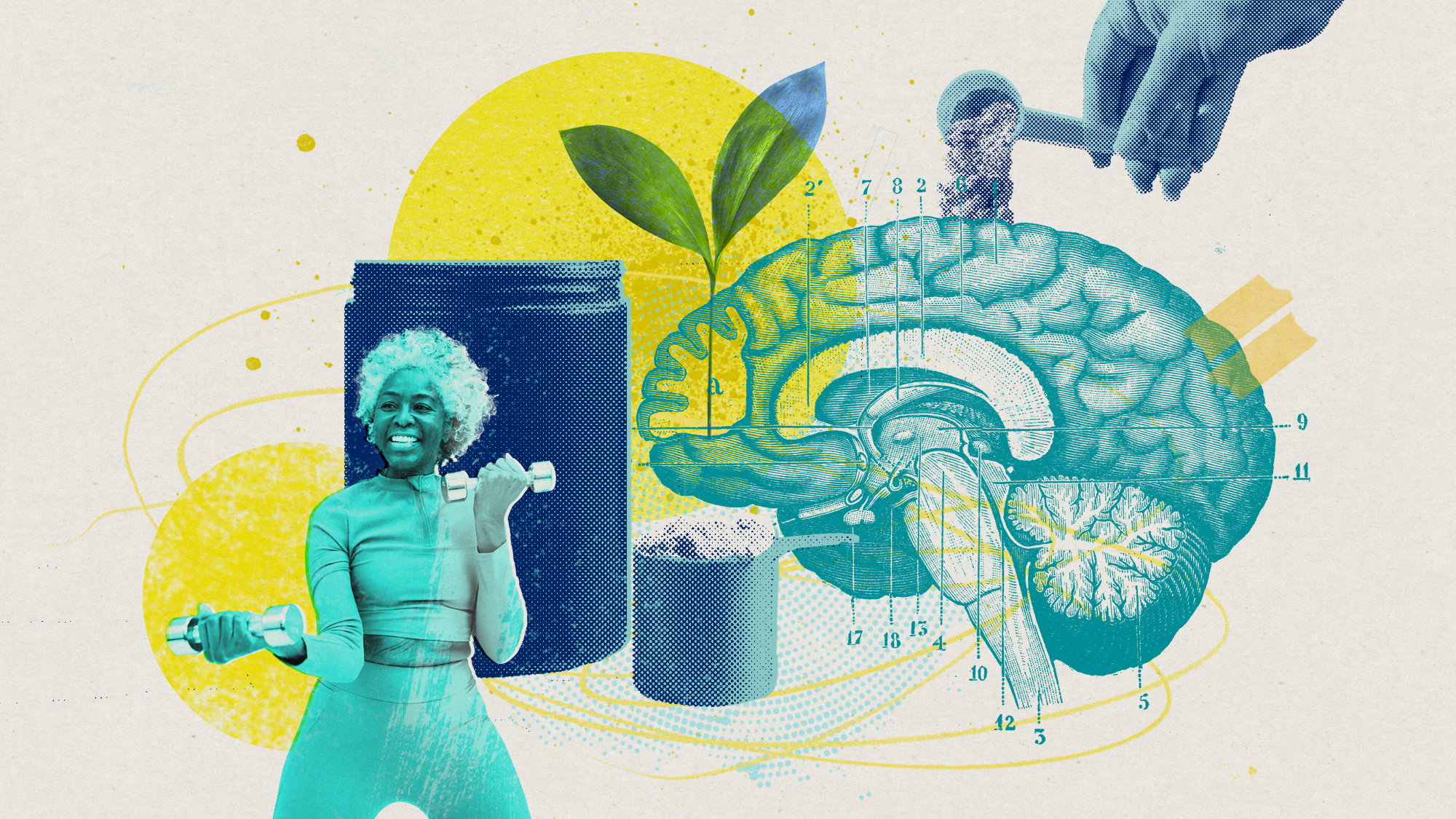 'Wonder drug': the potential health benefits of creatine
'Wonder drug': the potential health benefits of creatineThe Explainer Popular fitness supplement shows promise in easing symptoms of everything from depression to menopause and could even help prevent Alzheimer's
-
 Fly like a breeze with these 5 tips to help cope with air travel anxiety
Fly like a breeze with these 5 tips to help cope with air travel anxietyThe Week Recommends You can soothe your nervousness about flying before boarding the plane
-
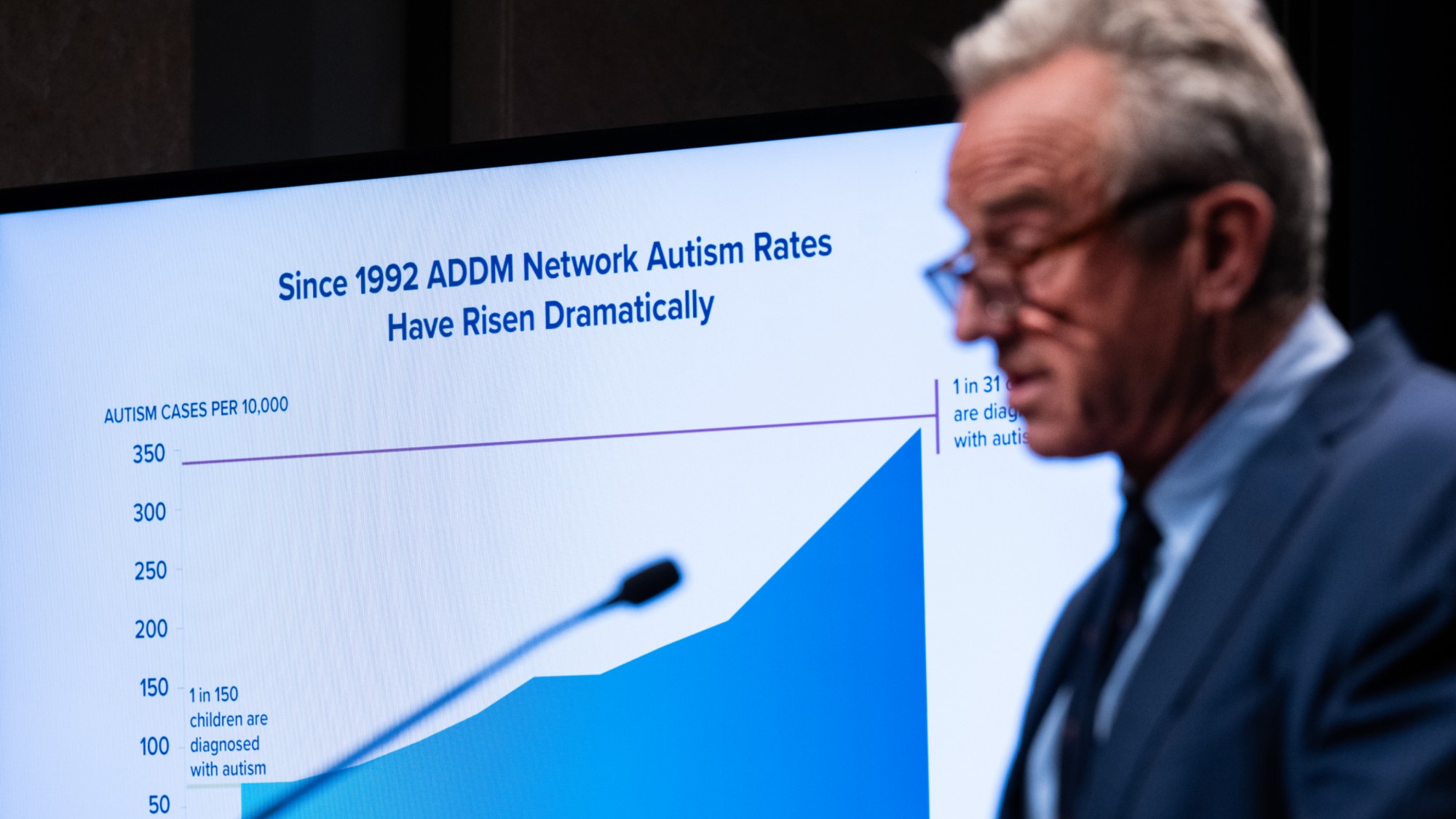 RFK Jr.'s focus on autism draws the ire of researchers
RFK Jr.'s focus on autism draws the ire of researchersIn the Spotlight Many of Kennedy's assertions have been condemned by experts and advocates
-
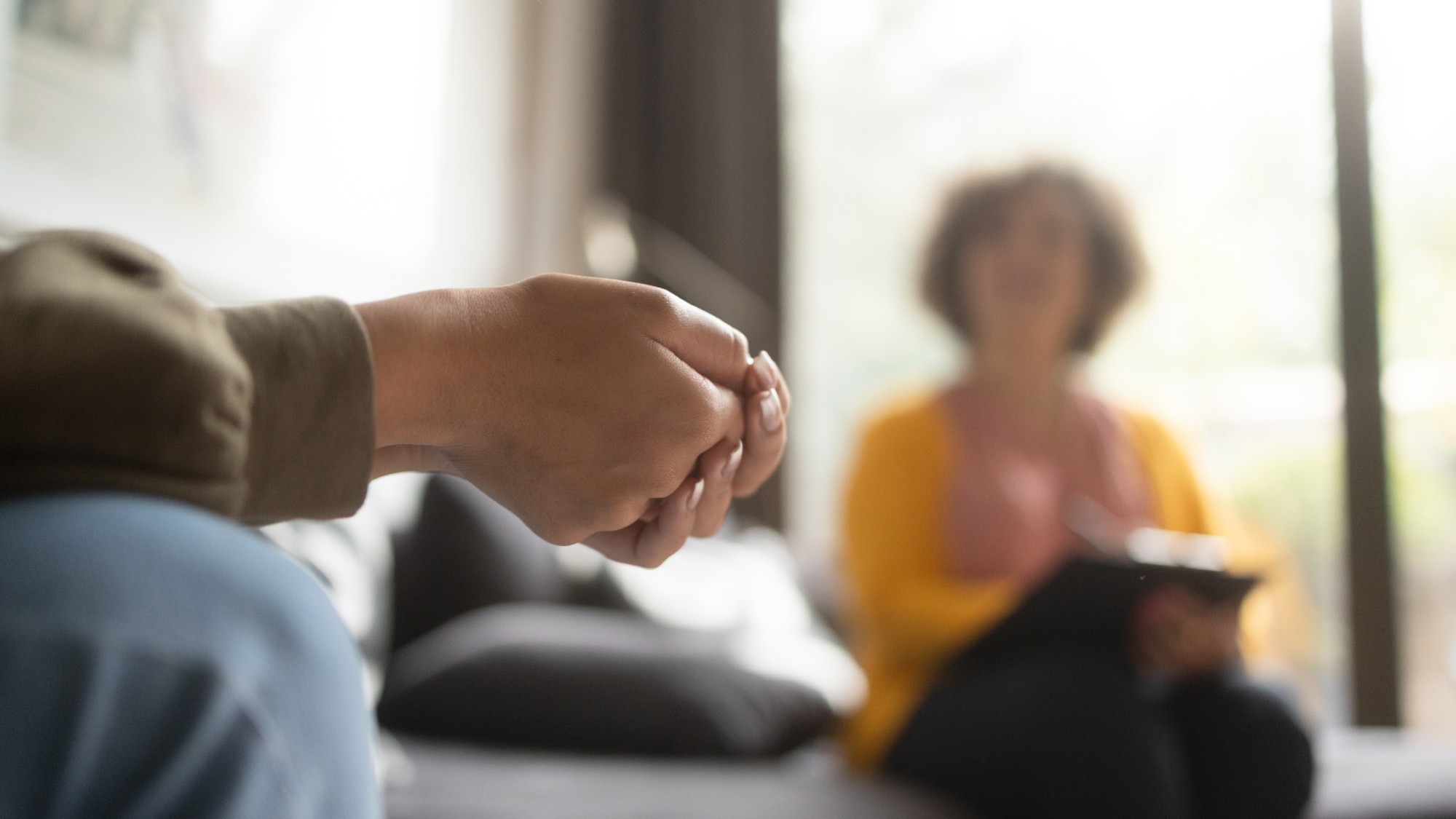 Mental health: a case of overdiagnosis?
Mental health: a case of overdiagnosis?Talking Point Issues at 'the milder end of the spectrum' may be getting wrongly pathologised